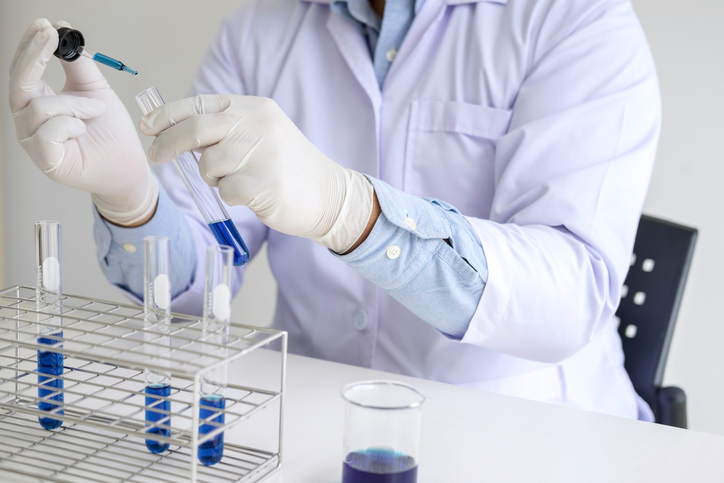
Addressing Public Health Impact of Culture-Independent Diagnostic Tests
Clinicians’ growing reliance on culture independent diagnostic tests (CIDTs), which offer many benefits for patient care, has placed a burden on public health departments and imperiled existing methods for combating antimicrobial resistance. Without a bacterial isolate from the culturing process, public health laboratories are unable to determine an organism’s strain, resistance pattern, and other characteristics that are used to gather epidemiologic data to detect and track potential outbreaks of an illness.
IDSA participated in the planning committee for a May 8-9 Centers for Disease Control and Prevention (CDC) stakeholder forum to address public health issues resulting from the advent of CIDTs. Matt Zahn, MD, Chair of the IDSA Public Health Committee, was invited to serve on two expert panels addressing outbreak considerations and CIDT impacts on state and federal public health programs. Additional topics included considerations for technological solutions and reflex testing of isolates when a CIDT detects certain pathogens, as well as who should store the samples, culture the isolates, and pay for these services.

Additional partners included the Association for Public Health Laboratories (APHL), the Council of State and Territorial Epidemiologists (CSTE), and the Ohio State University College of Food, Agricultural, and Environmental Sciences. The goals of the meeting were to increase interdisciplinary understanding of potential issues among partners in public health, evaluate current mitigation strategies, and generate short and long-term strategies to fill gaps and address healthcare needs.
Leaders from each of the three meeting tracks will work to generate white papers compiling takeaways and stakeholder recommendations for future discussion and advocacy. IDSA also serves on the CDC CIDT work group, which is devoted to addressing the public health problems that arise by the rise of molecular testing that no longer requires culturing of pathogens, and will remain at the forefront of this issue as it continues to evolve.